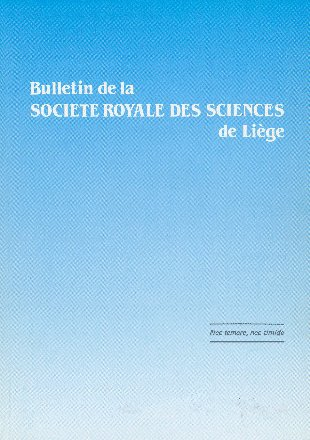- Home
- Volume 85 - Année 2016
- Articles
- The effect of motor imagery on the gross motor skills of children with developmental coordination disorder
View(s): 969 (5 ULiège)
Download(s): 406 (0 ULiège)
The effect of motor imagery on the gross motor skills of children with developmental coordination disorder

Attached document(s)
original pdf fileAbstract
Aim: The aim of this study was to evaluate the effectiveness of program design and the evaluation of training effectiveness of motor imagery to improve the motor skills of children with developmental coordination disorder. Methods: In this quasi-experimental study, 16 children were selected to participate in the training program related to motor imagery after the necessary evaluation on children with developmental coordination disorder. The children motor skills was measured by Oseretsky Lincoln test before entering the training program. Motor imagery training program were taught to children with developmental coordination disorder during the eight sessions. Then, gross motor skills of children was re-evaluated. T-test was used to analyze the data after making sure of the reliability and normal distribution of data. Results : The results showed that motor imagery caused a significant difference between pre-test and post-test groups in gross motor skills of children, throwing the ball by children, catching the ball by children, opening and closing hands skills (P <0.001). This difference was not significant between standing on one foot (P = 0.08) and standing on toes (P = 0.351). Conclusion: according to the findings of this study, motor imagery training can be helpfully used as a therapy to improve motor skills of children with DCD.






